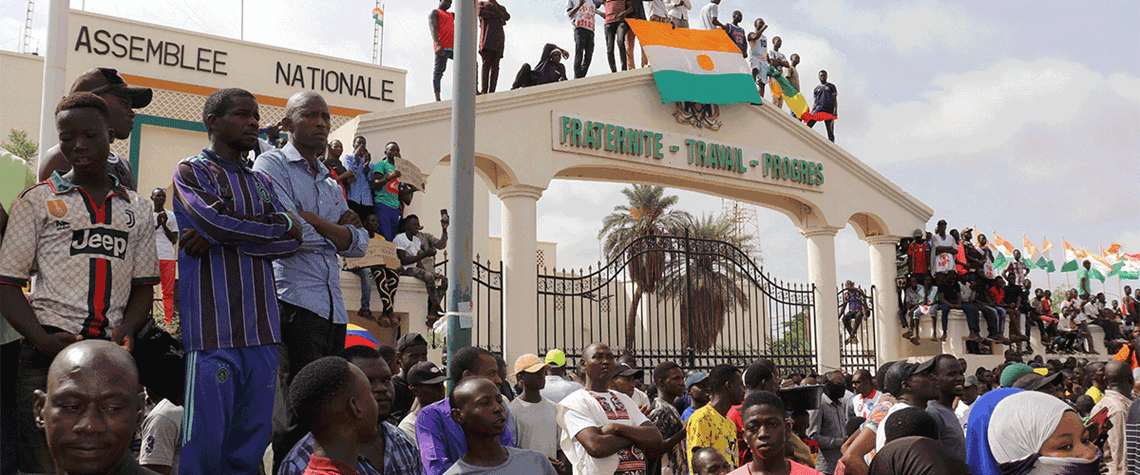Arc of instability threatens Sahel’s upstream, pipeline ambitions
Coups and geopolitical rivalries complicate energy projects in the expansive region
The Sahel is an extensive, semi-arid zone that spans the African continent south of the Sahara from the Atlantic to the Red Sea coasts. The region’s countries are poor and have been historically isolated, but growing instability in the past few years—most recently with the coup in Niger—demonstrate the Sahel’s geopolitical importance for the competing global powers of the US, Europe, China and Russia. With IOCs and oil and gas projects already impacted by ongoing events in the Sahel, Petroleum Economist looks at what the zone’s precarity might mean for the sector. Amid the panoply of armed insurgents, Islamist groups and smugglers active in the region, there is also mounting ethnic violence

Also in this section
17 February 2026
The 25th WPC Energy Congress, taking place in Riyadh, Saudi Arabia from 26–30 April 2026, will bring together leaders from the political, industrial, financial and technology sectors under the unifying theme “Pathways to an Energy Future for All”
17 February 2026
Siemens Energy has been active in the Kingdom for nearly a century, evolving over that time from a project-based foreign supplier to a locally operating multi-national company with its own domestic supply chain and workforce
17 February 2026
Eni’s chief operating officer for global natural resources, Guido Brusco, takes stock of the company’s key achievements over the past year, and what differentiates its strategy from those of its peers in the LNG sector and beyond
16 February 2026
As the third wave of global LNG arrives, Wood Mackenzie’s director for Europe gas and LNG, Tom Marzec-Manser, discusses with Petroleum Economist the outlook for Europe’s gas market in 2026







